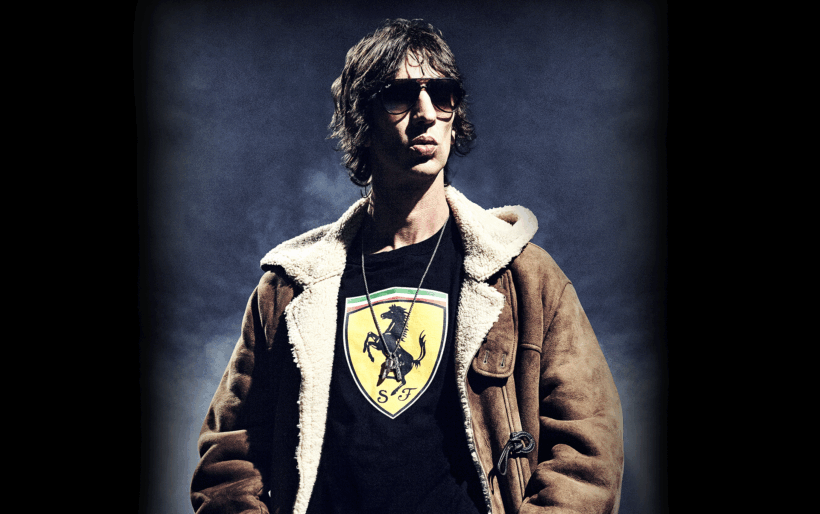Richard Ashcroft talks inspirations and legacy with Mike Vasilikos
The rock and roll singer-songwriter caught up with the WXPN midday host to talk about his run of shows with Oasis and more.

Richard Ashcroft | photo by Dean Chalkley | courtesy of the artist
This week on WXPN, we’re joined by one of the iconic voices in rock and roll: Richard Ashcroft. He led the English rock band The Verve, crafting iconic moments like “Bitter Sweet Symphony” and “Sonnet,” he continues to release new solo material (and has a new album on the way this fall), and he’s currently on one of the biggest tours in the world right now: supporting Oasis’ reunion.
Lovin’ You, out October 3rd on Virgin Records, is Ashcroft’s first record of original material in seven years, and after a pandemic disruption, he’s excited to get this new material out into the world. “Prior to the whole COVID thing I was starting this record that was going to be what I termed futuristic more, and over the years it melded, and I thought, you know, I’m gonna make Lovin’ You very eclectic.” He taught about how using samples on the new record can light a creative spark, and how arranging the record in extremes kept the project exciting for him.
In addition to stretching himself creatively, he talked about influences, legacy, and this monster run with Oasis. Listen to the interview above and check out a few highlights from the chat below.
…on the influence of Sly Stone and Brian Wilson on his new single “Lover.”
A track like “Lover” couldn’t exist without Sly or Brian Wilson. I remember when I finished the chorus on “Lover,” I thought “wow, that’s kind of Beach Boys, the way the melodies and harmonies are working on this.” And Sly brought you the fusion, the soul, the ability to drag all these different forces, these sounds together, to create this new thing. And that’s kind of what I do with the sample…if you get it right, you can take something that’s 30-40 years but you can then find yourself.
…on sampling Joan Armatrading’s “Love & Affection.”
There’s something that’s so glorious about Joan’s voice and that loop and the chords. … I’m sort of like old school hip-hop in that sense, if I hear a moment, I instantly just want to hear it going round and round and round. I was kinda gonna have Joan doing it all the way through, but I got a little disciplined on her vocal and used it on the chorus. But it’s just that thing of looking for those moments. So many of them have been used now, and what amazes me about that sample is that no one has used it, I’ve never heard it before.
…on the emotional nature of the Oasis reunion.
It’s incredible. Behind everything is a family, it’s brothers, there’s a mother there, there’s a history together. I think people underestimate who have never been in a band how hard being in a band is, in a sense of personal relationships, being in close confinement to people for months on end, for years. But when you stick family in that, it’s almost an impossible task to keep that together. It’s very difficult, but I think that’s great, because we’re in a world where we all seem to be getting so divided on so many issues, to the point where we can’t come together anymore for much. That’s the wonderful thing about this: not only are they personally coming together onstage…I think for years now, when I look at the audience and I’m thinking, wow, as a collective wow that’s the first time in years we’ve all been together 80,000 of us to simply enjoy something, to let some emotions go, some people crying, other people full of joy. That’s where the power lies in it. It doesn’t always have to be some full-on political statement situation. The actual act of liberation you can feel that when you’re truly collectively together in a massive crowd, all singing these songs, that’s enough for me. I don’t need speeches, I don’t need anything.